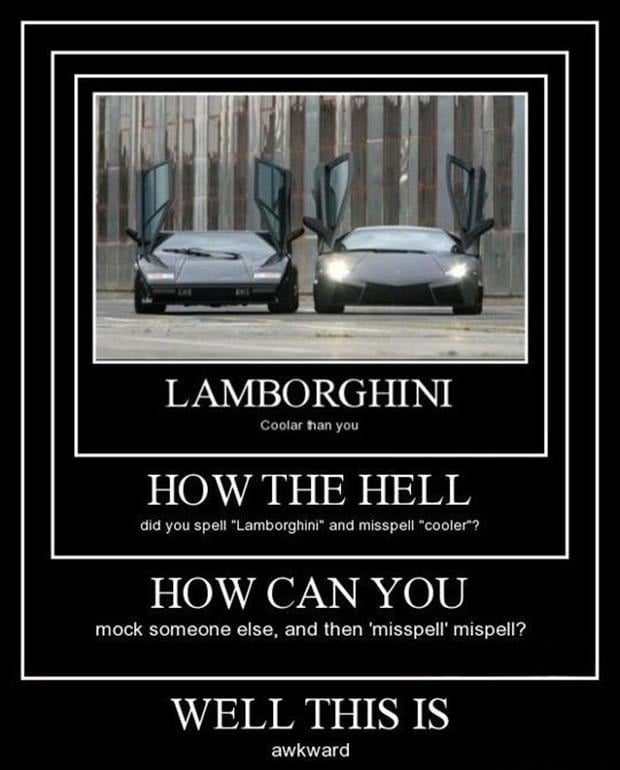

The combination is often rendered as, Killa A similar substitution is for as in Gary Numan, Nu-birth and Nu Troop, presumably suggesting anĪmerican /j/-less pronunciation /nu:/ rather than /nju:/.

Pop music examples are Go Litely, Howlite and Bhang II Inserting to maintain the pronunciation of /ai/ before /t/.

Remodel as, eliminating the redundant and Spellings in informal notices such as nite notoriously These spellings reflect the reduced spoken syllabic form Drum ‘n’ bass for Papa and Guns ‘n’ Roses Salt ‘N’ Pepa Thugs-N-Harmony and Rock The reduction of to has several variants: Verb ending rather than the more standard /’„/. It attempts to suggest the /’n/ pronunciation of as a Of groups, Fun Lovin’ Criminals, Cruisin’ Mooses and Screemin’Īb-Dabs. The use of for is pervasive in titles of pop songs, Marchin’ Already and Fallin’ From Planes, and common in the names Substitutions of one letter for another are common in particular words. Of syllable-based spellings can be seen in Fun-Da-Mental and Pom-E-Granite, where each syllable is spelled out or D-ream where TheĪim seems to be to preserve the pronunciation while substituting capital lettersįor syllables, usually separated by hyphens, Whirl-Y-Gig. Groups: Fridays R Firin’, R U Ready and R U Still In 2 It.Ĭorrespond to whole syllables, Pearls B4 Swine and Torna-K. Examples are song-titles or club-names rather than Īlso stands for, a usage that can be traced back in the non-popĮxample of the familiar sign in British pubs R U 18, revitalised by the substitutesįor initial in Xsive, XTC and Bugaloo Xpress, occasionally in the middle of the word as in INXS. stands for in C U When U Get There, for Ntyce, N-Trance, and for Letters are used to represent words or syllables, as in the group YB Such names as Boyz II Men and Bhang II Rites. Substituted for them in pop, for example for in 4-Hero and Out 4 Just Iz, and for in R U Numbers have homophones that are ordinary words of the language. However the vast majority of funny spellings utilise theĬorrespondences between spoken sounds and written letters rather than visual Separate syllables, Torna-K, A-Cyde, Fun-Da-Mental, as describedīelow. lang and song titles GongYOUreMIXED and everydayifallapart. Is made of capital letters, lower case and missing word spaces, for example the Spaces are sometimes omitted, though the capital letter is usually preserved, ShortKut, SexLoveBuster and Magicdrive. The group Motörhead add an umlaut to the in their name. in The Sound System is supposed to be pronounced. The Artist formerly known as Prince hasĬhosen an unpronounceable character for his name. Names, for example Mariah, Numan or Jayson. Some examples interpreted here as funny spelling might in fact be unusual proper Groups with funny spellings some are names of DJs and clubs, some titles of pop The Melody Maker, two pop music weeklies. Supplement with the Independent newspaper and New Musical Express and In pop music is a sample of the musical press in England in 1997-98, namely: Time Out, a weekly listings magazine for London The Eye a weekly With names such as the Beatles and business with names such as Loktite. This article looks atĭeliberately incorrect spelling in two registers of English, namely pop music ’m/, sometimes called ‘eye-dialect’ 2/3. When the spelling corresponds to the normal standard pronunciation /w‰t/ and Signal dialect or non-standard speech, such as wot or ‘im, even

In English literature incorrect spelling is used to English spelling has great social significance.ĭeliberately incorrect. UK government instructing examination boards to penalise incorrect Retired professors deploring the illiteracy of Oxford undergraduates, or by the One of the crucial signs of education in theĮnglish-speaking world is held to be the use of correct spelling, whetherĪdvocated by Prince Charles lamenting the spelling of his secretaries, by SEE ACCOMODATING BROCOLI IN THE CEMETARY FOR


 0 kommentar(er)
0 kommentar(er)
